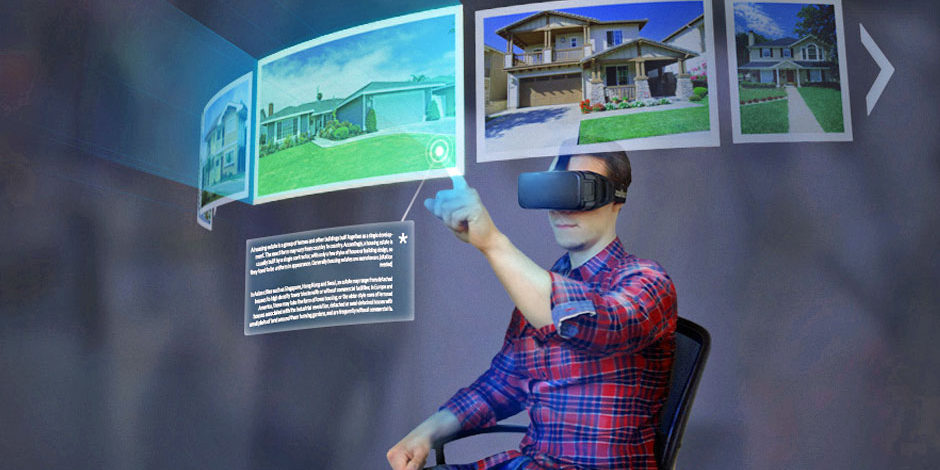How to Prepare to Purchase a Home in Canada?
Real estate continues to be a significant investment for many Canadians, with many millennials still seeking to purchase a home, despite a hot real estate market that has caused prices to soar recently and recent hikes in interest rates. Since the start of the epidemic, historically, low-interest rates have given thousands of people the perfect opportunity to buy their first house, and swiftly rising rates in 2022 have compelled many more to lock in rates and close on properties as quickly as possible.
But how does one go about purchasing a home in Canada? If you’ve never done it before, you might be unsure where to begin. The process of purchasing a home, whether a detached house, townhouse, or condo, does not begin when you contact a realtor and schedule a viewing. Instead, it begins years before you decide you’re ready to buy a house.
Here’s a step-by-step guide to buying a house in Canada. We cover everything from deciding if you’re ready to be a homeowner to receiving your house keys.
Are you prepared to purchase a home?
Before you buy a house, you must ask yourself the difficult question: Are you ready to buy a house?
Homeownership is a huge responsibility, and it’s critical to ensure your finances are in order before taking on an asset worth half a million dollars or more. Before you take the plunge into homeownership, consider the four following questions:
Question 1: Do you have a deposit?
If you have a down payment saved up, you’re one step closer to realizing your dream of owning a home. Don’t worry if you haven’t started saving yet. You don’t need a down payment to begin your home-buying journey, but you will need financial resources to save for one (we’ll cover how to save for one later). That means you must make room in your budget for monthly contributions to a savings account.
Question 2: Is your income consistent?
When you own a home, you are responsible for all bills and unexpected expenses related to repair and maintenance. Because you can’t call your landlord when the roof starts leaking, it’s critical to have a consistent income that can cover both your monthly and unpredicted expenses.
A consistent income will also help you qualify for a mortgage and improve your credit score, which will also help you get a mortgage. If you’re self-employed or earn a large portion of your income through commissions and bonuses, buying a house can be less easy, so talk to a mortgage broker as soon as possible.
Question 3: What are the current market conditions in your area?

Even though it might be challenging to time the market, it is a good idea to evaluate the local real estate market to make sure it is favourable for a purchase. Are interest rates on mortgages currently low? Is your neighbourhood a buyer’s or seller’s market? Will you be competing with other buyers, or will you have your pick of properties?
It’s no secret that historically low borrowing rates during the epidemic, as well as a dearth of supply in comparison to demand, are to blame for the fact that Canadian home prices are still extremely high (despite a recent cooling trend). You must be sure that you will be able to afford your regular payments at an even greater rate in the future because interest rates are currently considerably higher than they were only a few months ago. The Bank of Canada has virtually guaranteed that there will be multiple additional rate hikes throughout the rest of 2022.
Question 4: Are you ready to commit?
Finally, are you at a point in your life when you should settle down? Financially, it’s best to buy a house if you plan to stay put for at least three to five years. Examine your professional and personal lives to ensure that no major changes are coming up that will necessitate relocating.
With that out of the way, we’ll look at how to buy a house in Canada in our subsequent publication. Stay posted!


